Description
Absolutely! I’m here to help you with all your questions about Vitamin E, also known as Tocopherol. This essential nutrient plays a crucial role in keeping our bodies healthy and functioning properly. Here’s an article that covers the basics of Vitamin E, its benefits, and how to ensure you’re getting enough of it.
What is Vitamin E (Tocopherol)?
Vitamin E is a fat-soluble antioxidant that helps protect your cells from damage caused by free radicals. It’s found naturally in many foods, including nuts, seeds, and leafy green vegetables. Vitamin E comes in several different forms, but the most biologically active form is alpha-tocopherol.
Benefits of Vitamin E
- Antioxidant properties: Vitamin E’s primary function is to act as an antioxidant, protecting your cells from damage caused by free radicals. This can help reduce the risk of chronic diseases, such as heart disease and cancer.
- Immune system support: Vitamin E plays an essential role in maintaining a healthy immune system. It helps to support the function of immune cells and may help protect against infections.
- Eye health: Vitamin E has been shown to help protect against age-related macular degeneration, a leading cause of vision loss in older adults.
- Skin health: Vitamin E is often found in skincare products because of its antioxidant properties and its ability to help protect the skin from damage caused by the sun’s UV rays.
How to Get Enough Vitamin E
The recommended daily intake of Vitamin E for adults is 15 mg (22.4 IU) per day. You can get Vitamin E from a variety of foods, including:
- Nuts (such as almonds, peanuts, and hazelnuts)
- Seeds (such as sunflower seeds and pumpkin seeds)
- Leafy green vegetables (such as spinach and kale)
- Avocado
- Fish (such as salmon and trout)
- Fortified cereals
If you’re concerned you’re not getting enough Vitamin E from your diet, you can also consider taking a supplement. However, it’s always a good idea to talk to your doctor before starting any new supplement regimen.
Possible Side Effects
Vitamin E is generally considered safe when taken in recommended doses. However, taking high doses of Vitamin E (more than 1,000 mg per day) can increase the risk of bleeding and may interfere with blood clotting. It’s important to talk to your doctor before taking any supplements, especially if you’re taking any medications or have any health conditions.
Conclusion
Vitamin E is an essential nutrient that plays a critical role in maintaining our health. By incorporating foods rich in Vitamin E into our diets, we can help protect our cells from damage, support our immune systems, and promote healthy skin. As with all nutrients, it’s essential to get Vitamin E in the right amounts and avoid taking excessive amounts, which can lead to adverse effects. Talk to your doctor about your Vitamin E intake and any concerns you may have.

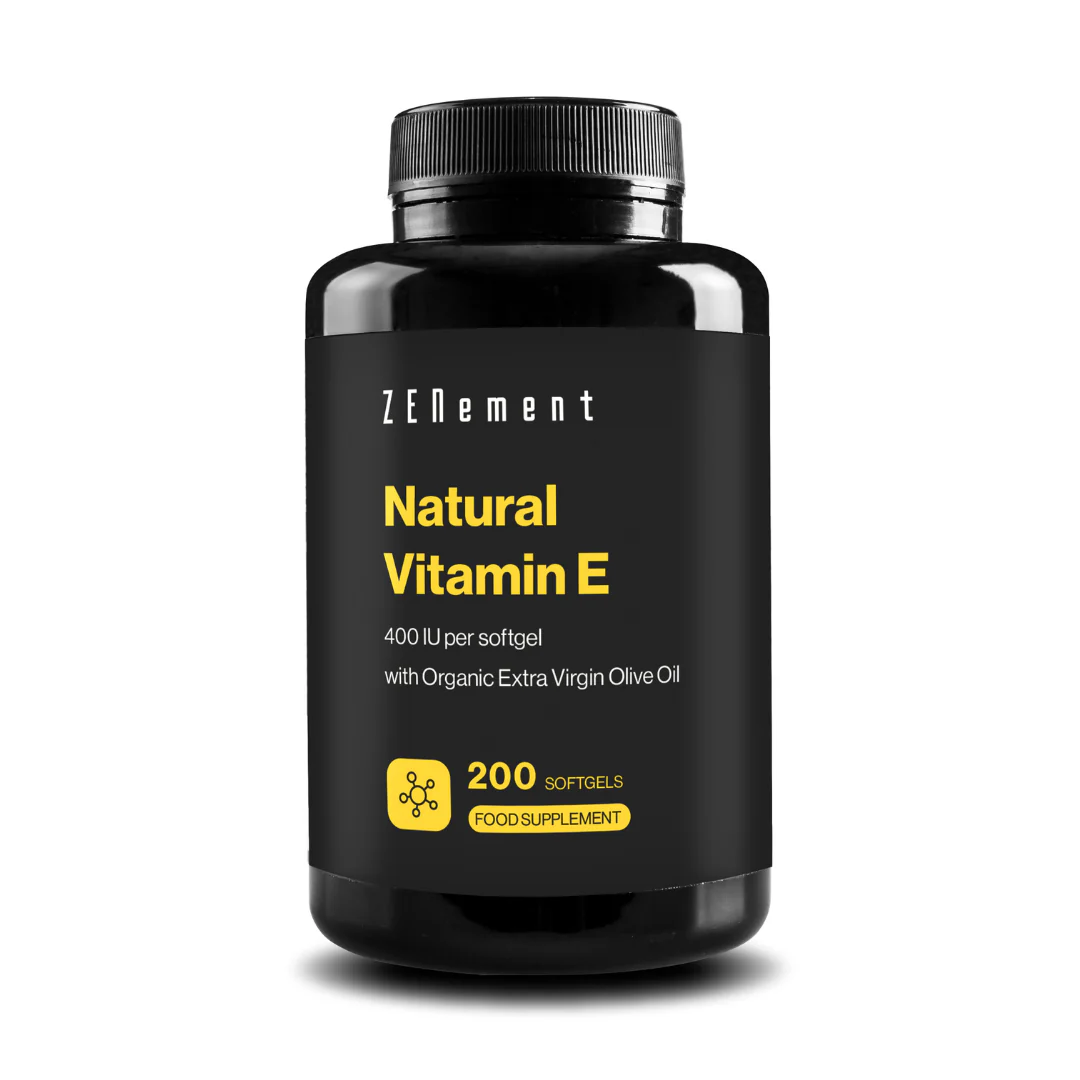
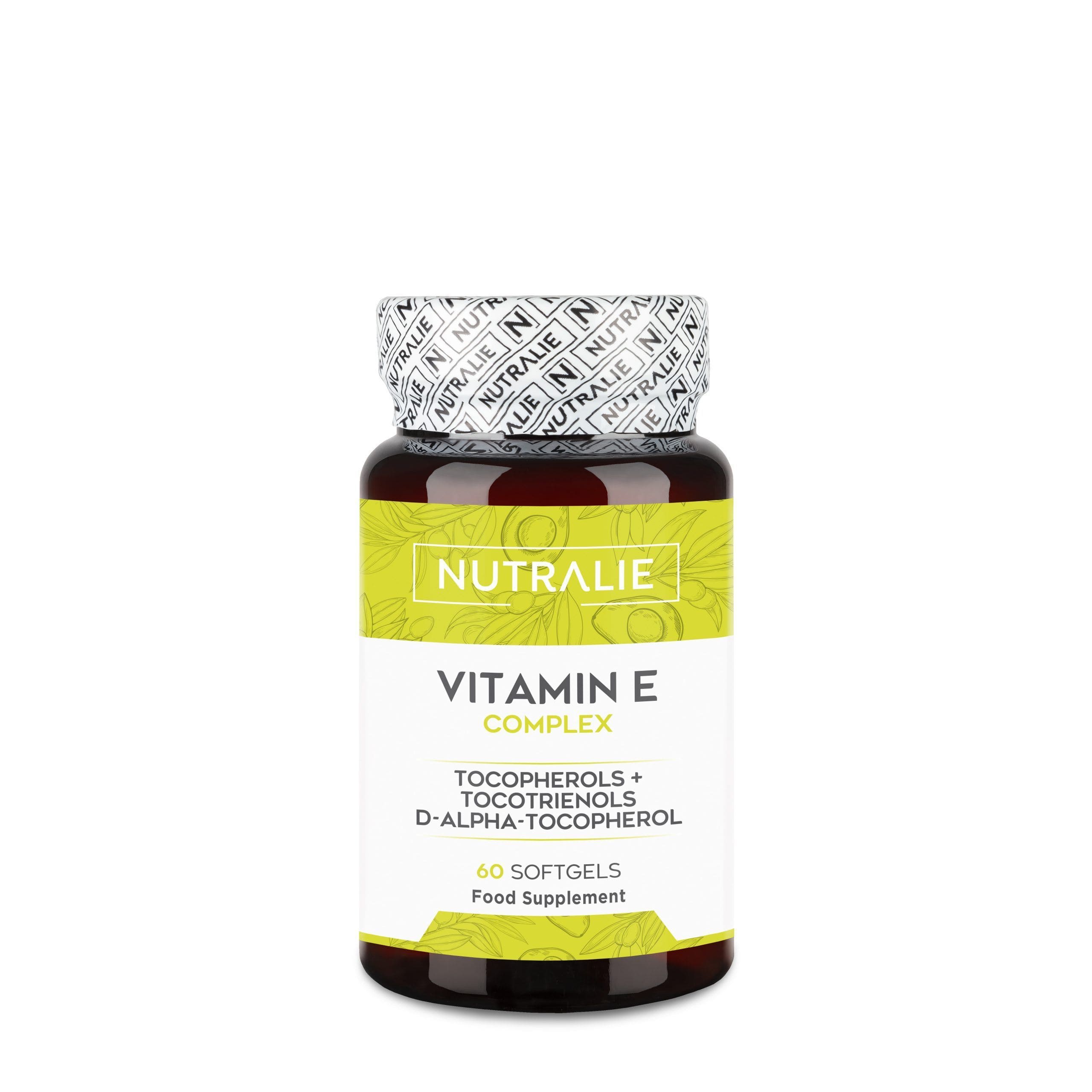
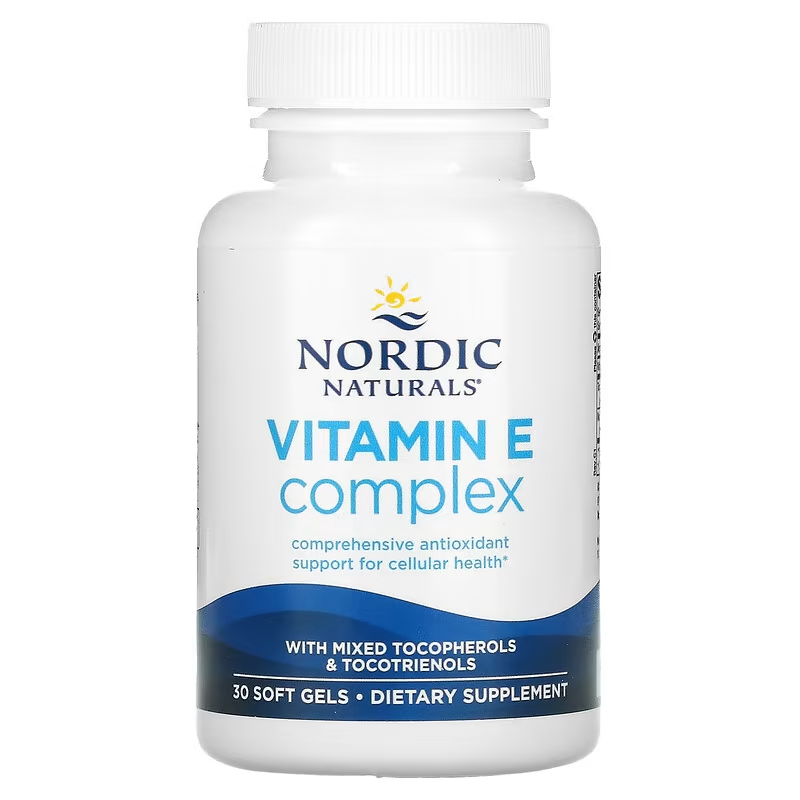
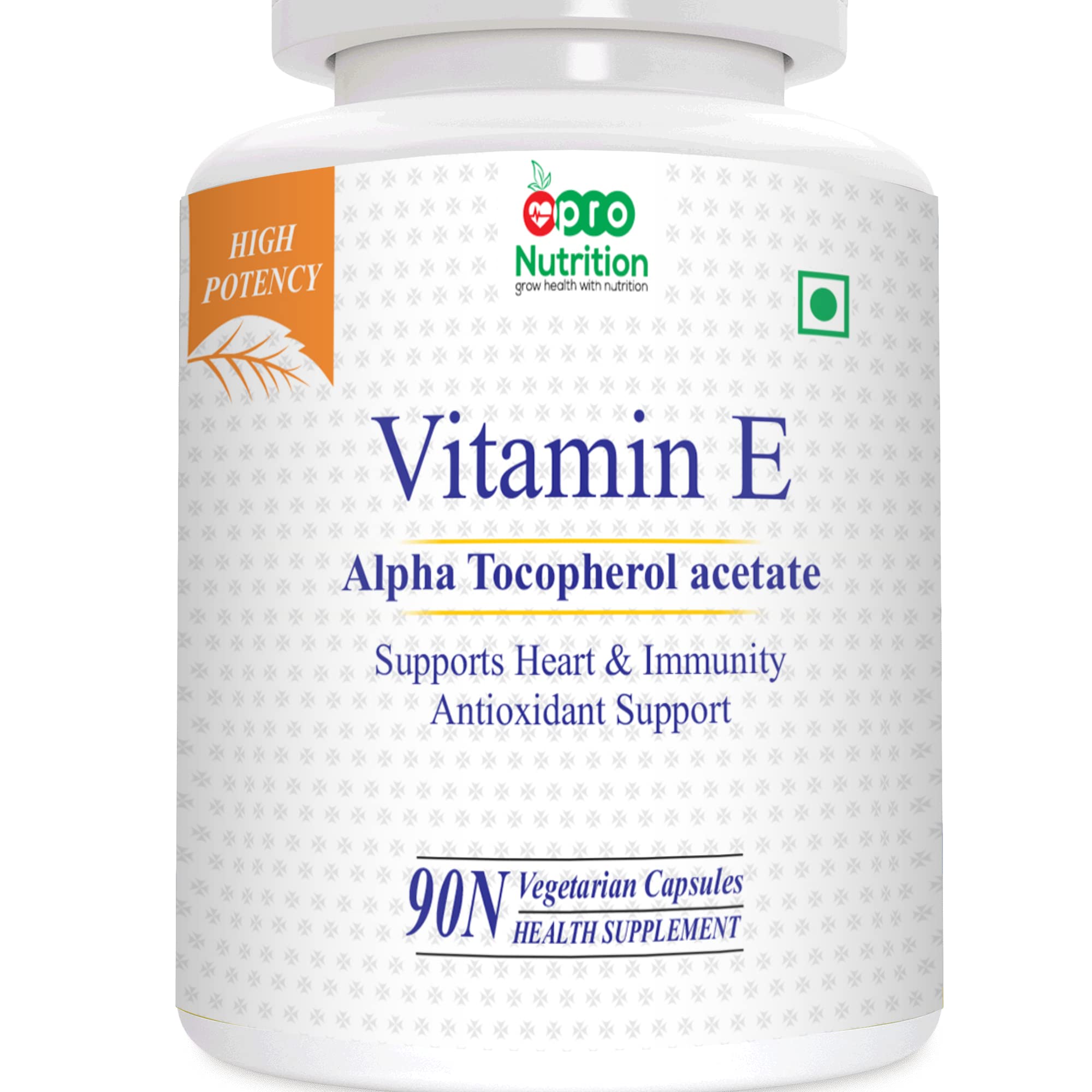
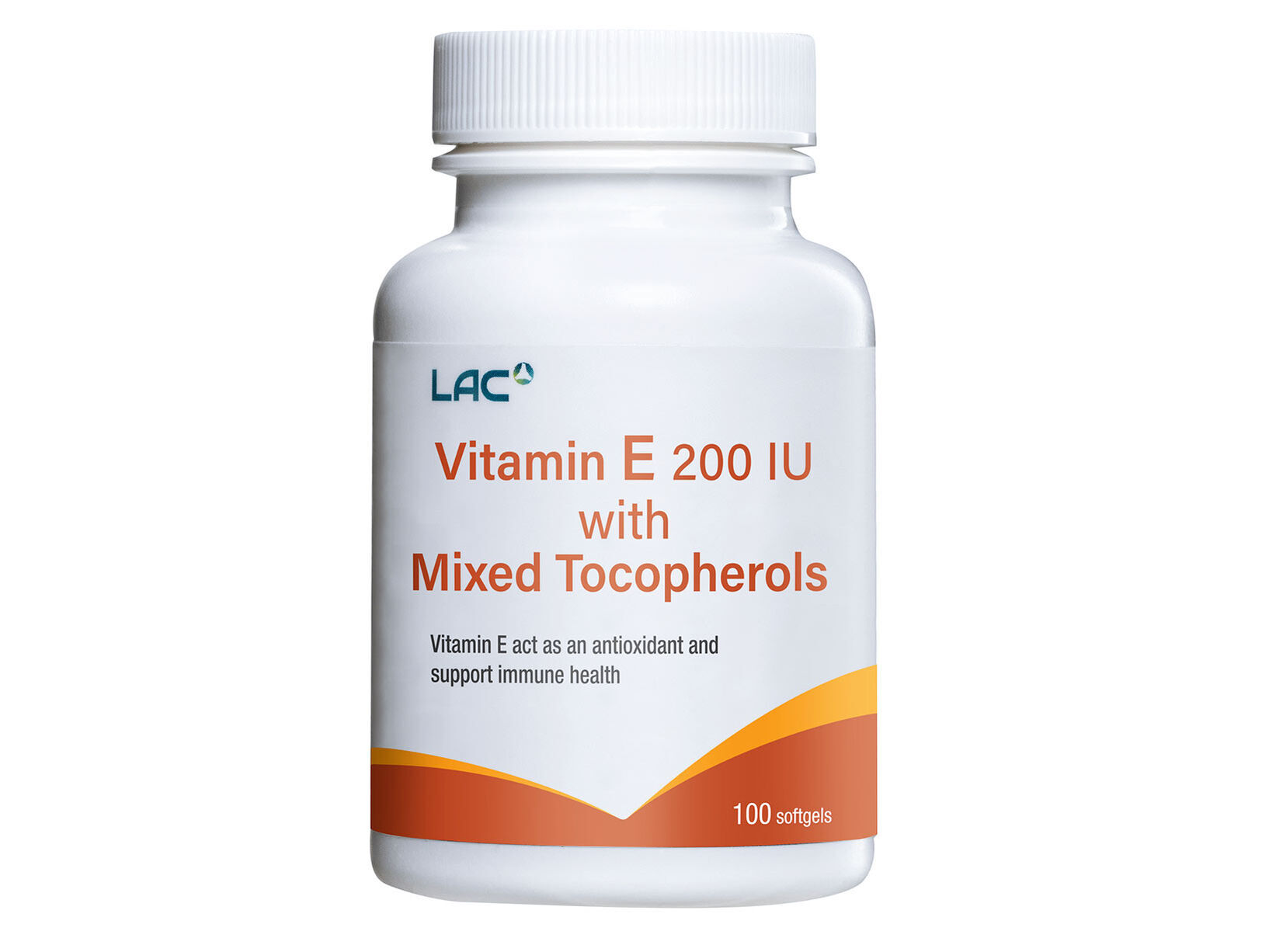
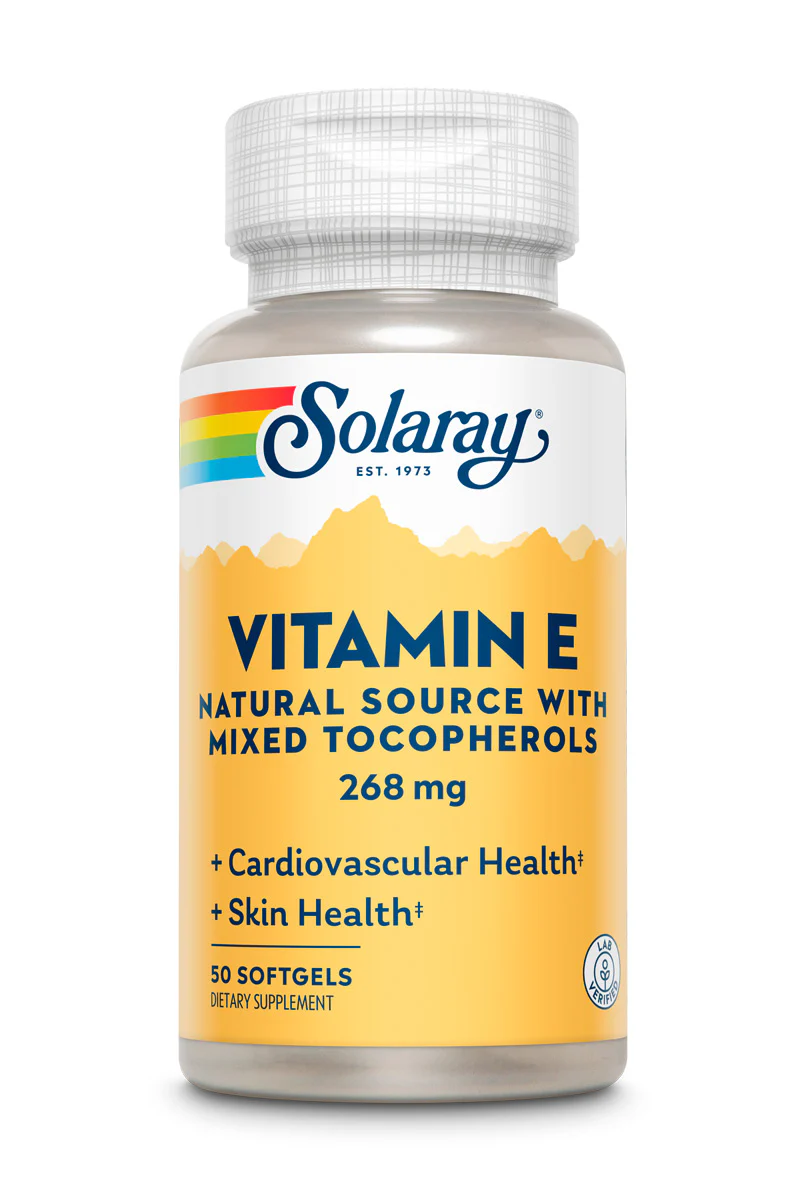
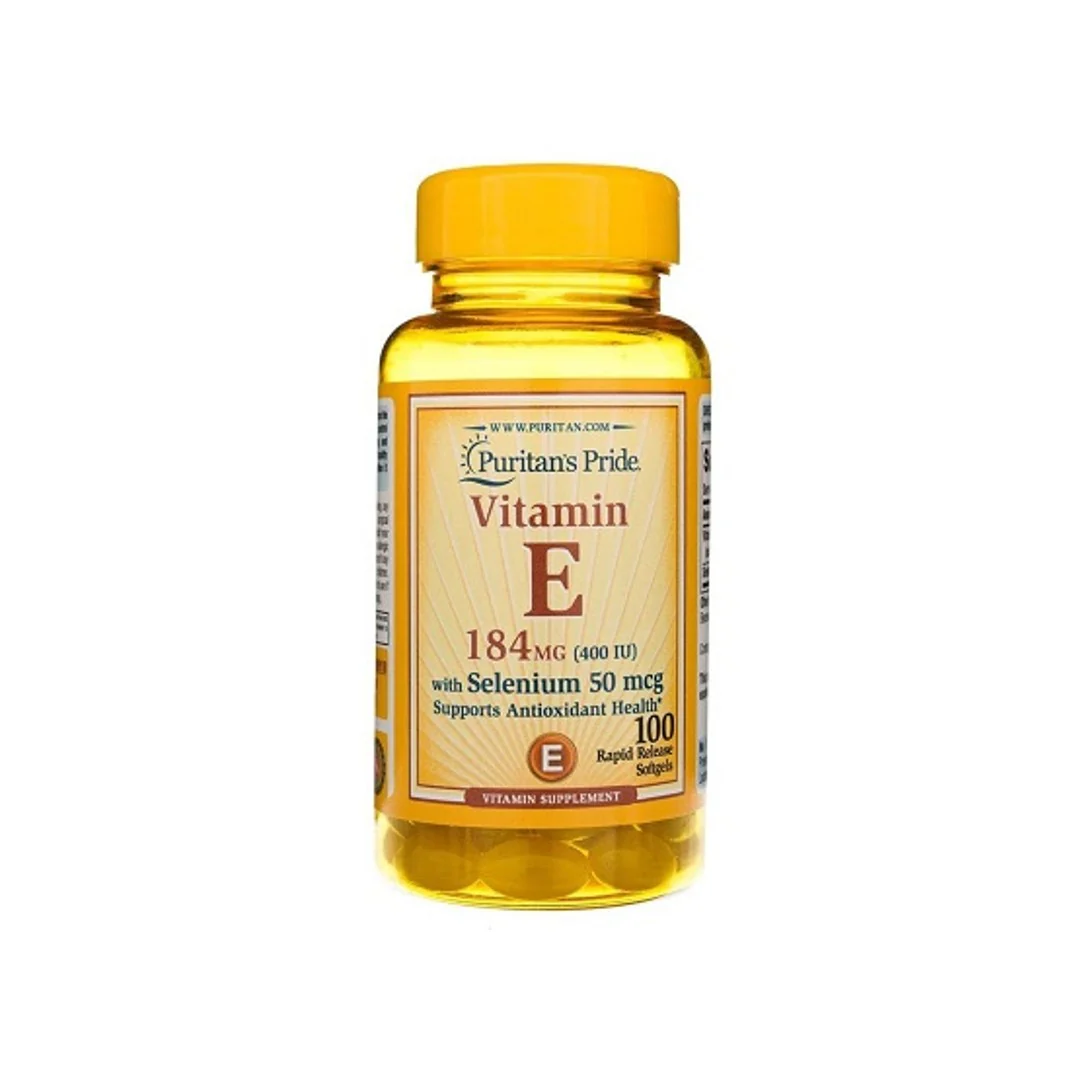
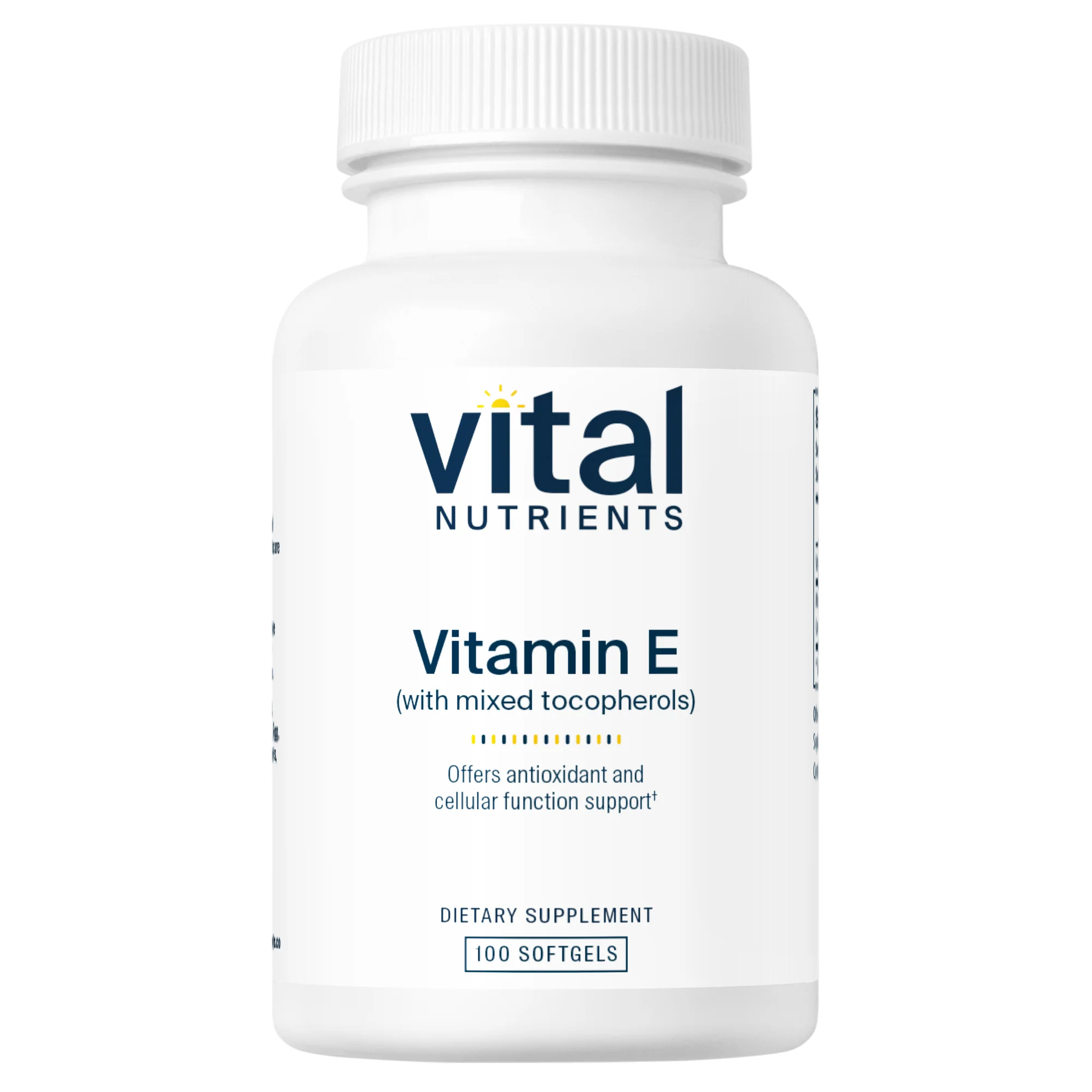

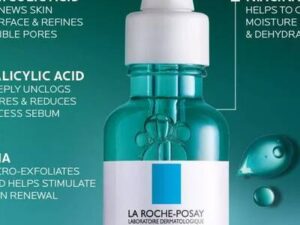

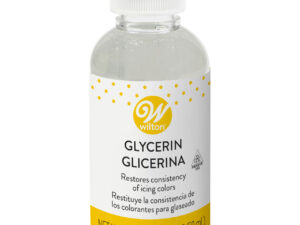
Reviews
There are no reviews yet.